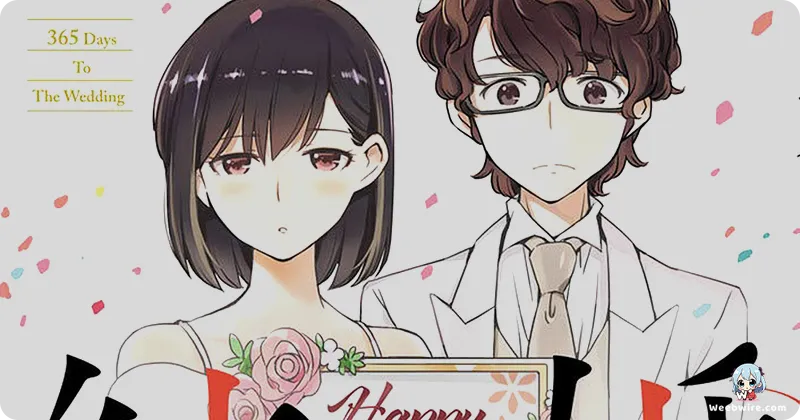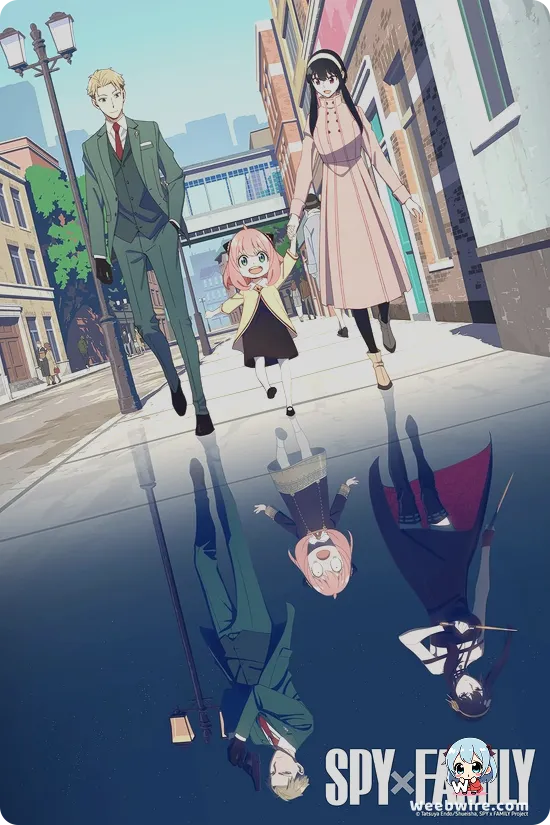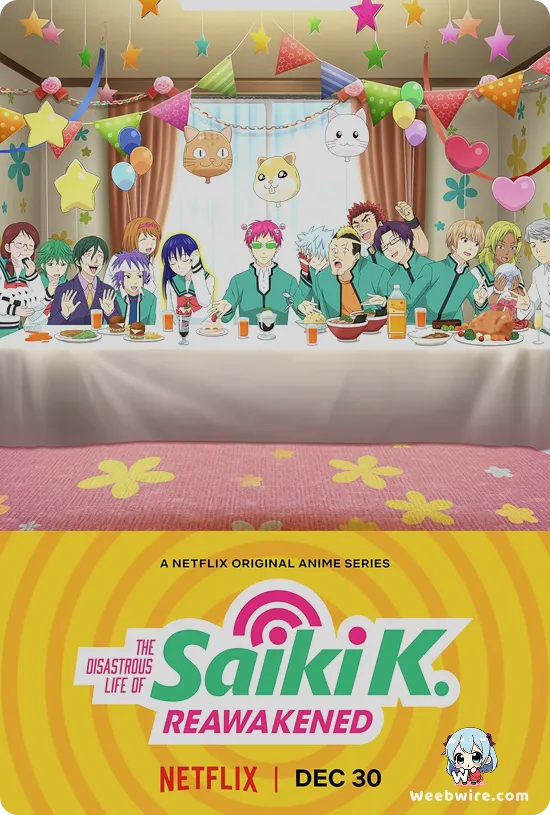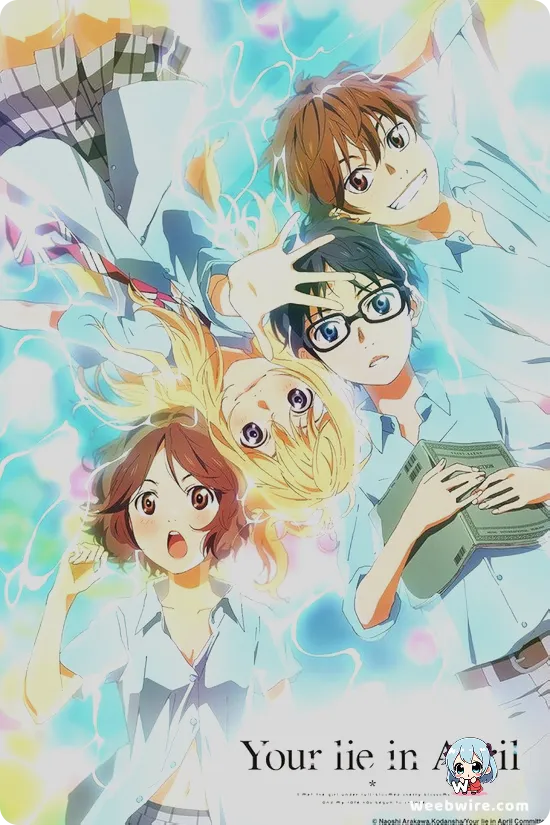From Corporate Evasion to Enduring Affection: '365 Days to the Wedding' Delivers a Fresh Take on Romance

In a landscape often dominated by dramatic declarations and grand gestures, a captivating series emerges to redefine modern romance with its refreshingly subtle and deeply human approach. 365 Days to the Wedding, known in Japan as Kekkon Surutte, Hontou Desu ka? (Is It Really True That We Got Married?), is poised to charm audiences with its upcoming animation by Ashi Productions. This series stands out by delving into the anxieties and endearing awkwardness that often accompany the search for connection in contemporary life, proving that profound love can blossom in the quietest of moments.
At its heart, 365 Days to the Wedding cleverly twists the familiar 'fake relationship' trope. Unlike narratives driven by social climbing or familial pressures, protagonists Takuya Ohara and Rika Honjō, both intensely introverted employees at a travel agency, enter a sham engagement to sidestep undesirable corporate transfers. Takuya faces the daunting prospect of relocation to Siberia, while Rika dreads a move to a more bustling branch. Their ingenious solution? To feign an engagement, banking on their company's presumed reluctance to separate a soon-to-be-married couple. This grounded, relatable motivation sets the stage for a story rich in character-driven humor and emotional realism, eschewing manufactured drama for genuine human connection.
The Charm of Shyness: Takuya and Rika's Awkward Beginnings
The series' undeniable charm largely stems from Konkichi's masterful portrayal of Takuya and Rika's extreme shyness. Their initial interactions are a delightful symphony of hesitant glances, fumbled words, and a torrent of internal monologues that belie their calm exteriors. Konkichi expertly uses these inner thoughts to forge a deep sense of empathy, allowing readers to witness their struggles to express themselves. This makes their gradual comfort with each other feel incredibly earned and heartwarming. Even a simple coffee date transforms into an epic internal battle, as they navigate the unspoken rules of 'dating' while maintaining their elaborate pretense.
A Slow-Burn Romance That Feels Real
Konkichi’s storytelling prowess is further highlighted by the series' commitment to a slow-burn romance. Genuine feelings between Takuya and Rika don't erupt dramatically; instead, they gently simmer and grow through shared mundane experiences, quiet observations, and the subtle ways they begin to prioritize each other's well-being. Their 'fake' dates often involving ordinary activities like grocery shopping or visiting a local park become extraordinary opportunities for them to truly see and appreciate one another. This unhurried progression renders the eventual realization of their true feelings profoundly impactful and believable.
Broad Appeal Beyond Demographics
Notably, the manga's serialization in Big Comic Spirits, a seinen magazine typically targeting adult male audiences, underscores its broad appeal. Despite its demographic home, the gentle romance, slice-of-life elements, and universal themes of shyness and connection have captivated a wide readership, including fans of shojo and josei romance. This cross-demographic success speaks volumes about Konkichi's ability to craft a story that transcends traditional genre boundaries, celebrating wholesome, character-driven narratives over conventional romantic tropes.

The travel agency setting also adds a subtle yet effective layer, occasionally blurring the lines between their 'fake' and 'real' lives through professional interactions. These work-related encounters sometimes even pave the way for gentle adventures as they explore new places together. Ultimately, 365 Days to the Wedding stands as a charming and insightful exploration of modern love, proving that the most profound connections are often forged in the most unexpected and endearingly awkward ways.
Credits
365 Days to the Wedding
Author
Konkichi
Cover Art
Konkichi
Studio
Ashi Productions
Publisher
Shogakukan
Producers





